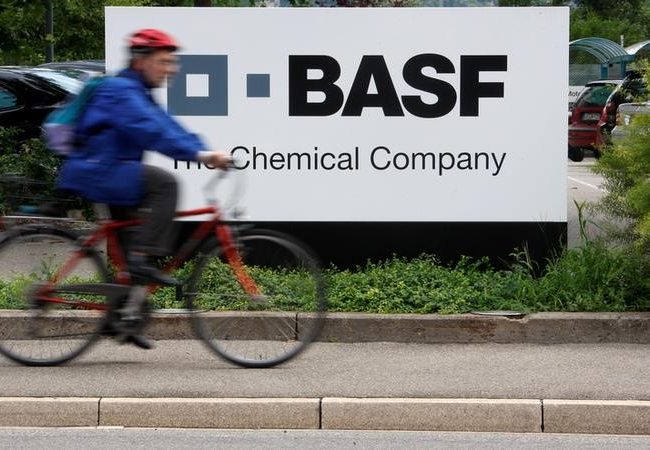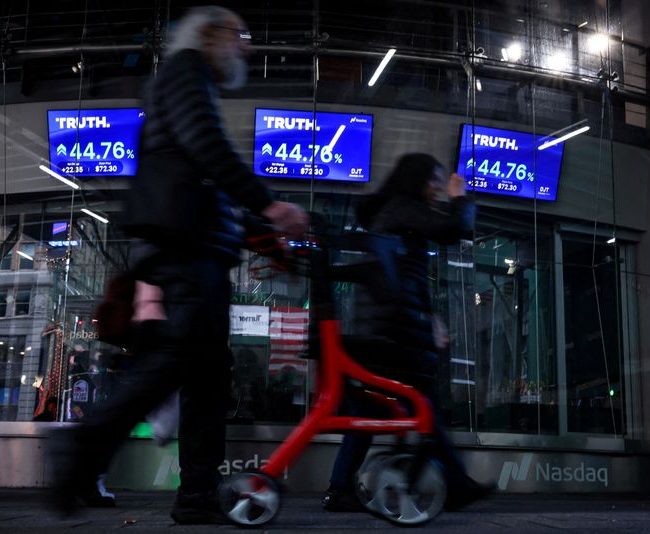
Taiwan says exclusion from new US curbs on AI tech should ‘give confidence’

TAIPEI (Reuters) – Taiwan’s exclusion from the new U.S. curbs on artificial intelligence (AI) chip and technology exports should “give confidence” about Taipei’s own controls and respect for the law, the island’s government said on Wednesday.
The U.S. said on Monday it would further restrict AI exports, as it attempts to keep advanced computing power in the United States and among its allies.
The new regulations cap the number of AI chips that can be exported to most countries and maintain a block on exports to China, Russia, Iran and North Korea.
But the measures allow America’s closest friends, including Taiwan, unlimited access to U.S. AI technology.
The inclusion of Taiwan as a “tier one” partner, allowing it unlimited access to the tech, “should give confidence about our government’s management and controls and companies’ respect of the law”, Taiwan’s Economy Ministry said in a statement.
It added that it had continued to invite U.S. officials and other industry professionals to Taiwan to help companies “understand relevant regulatory laws and trends” amid the ongoing U.S. restrictions on AI technology since 2022.
Taiwan is home to TSMC, the world’s largest contract chipmaker and a major supplier of chips to AI darling Nvidia (NASDAQ:NVDA).
Taiwan’s government, ever wary of pressure from Beijing which views the democratically governed island as its own territory, already has strict rules on chip exports to China and has repeatedly said it will enforce U.S. restrictions.
Last year, TSMC suspended shipments to a Chinese company called Sophgo after one of the Taiwan firm’s chips was found to have been illegally incorporated into a Huawei AI processor.
China’s Huawei, a telecommunications equipment maker and technology conglomerate, was in 2019 added to a U.S. list for activities contrary to U.S. national security and foreign-policy interests.
Exporters are barred from shipping goods and technology to them without a licence, which is likely to be denied.


